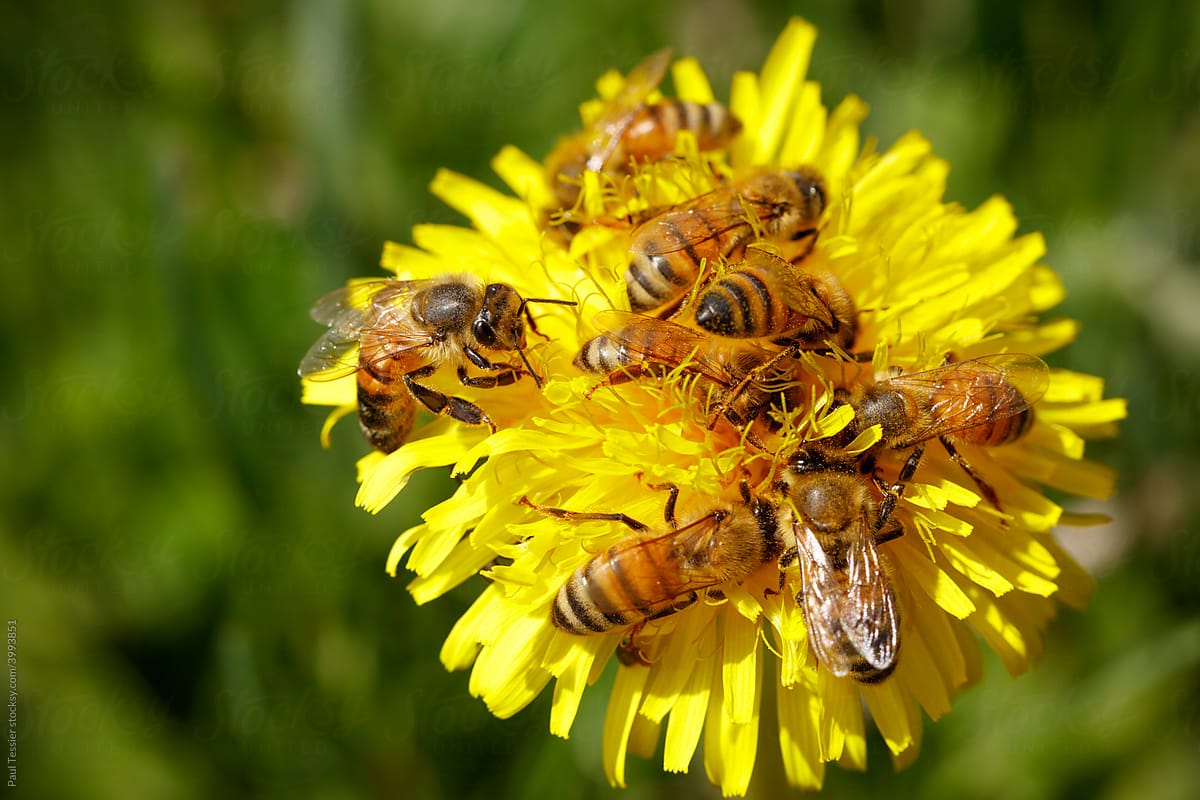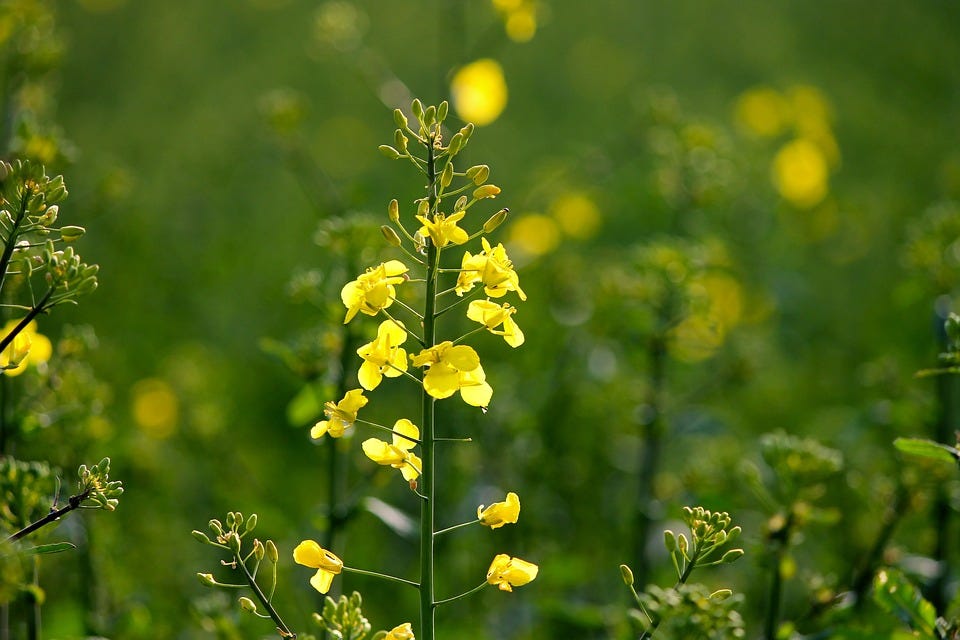Last week, I was pleased to see a notice about dandelions on my local residents’ Facebook page, though the cloying tone may not be to everybody’s taste:
The dandelions haven’t yet started appearing up here in our northern fastness but, when they do, I hope that message might get through to a few of my neighbours, one in particular. I submit that hope with a passion. The subject of dandelions gets me going to a rather alarming degree.
Everybody who keeps bees knows that it changes your view of the world but I never imagined it would make me dotty about dandelions.
The simple, open flowers of dandelions are an abundant source of nectar and pollen for bees and offer sustenance all year round. The name "dandelion" comes from the French "dent-de-lion," meaning "lion's tooth." Like other members of the Asteraceae family, dandelions contain very small flowers grouped together into a composite flower head, with each single flower in a head known as a floret. In early Spring, when there is often a dearth of other flowers, dandelions can be a lifeline, helping the bees through to the abundance of summer.
Before I understood how good they are for bees, dandelions played a less than prominent role in my life. Blowing off the seeds to count the hours was, of course, one of the delights of childhood and, also, of parenthood when my own children were little; but, for the best part of 70 years, the genus Taraxacum and I continued our separate lives in undisturbed indifference to each other.
Last Spring, however, on the way out of our local city, I was almost overcome with joy by the sight of mile upon mile of dandelions growly thickly on the central reservation of the dual carriageway. Had the council decided to keep the strimmers and sprayers idle in their sheds in order to allow these flowers to flourish in such abundance? Or had human hands actually seeded the ground? Either way, I came close to blessing aloud the people responsible.
Within days, by contrast, dandelions were making me feel so cross with a man down the road that I almost burst an artery.
This guy is a former military serviceman who makes his garden look like a US Marine’s haircut. His trees are so savagely pollarded, they seem to be crying out to be taken into care. His lawn is shaved to within an inch of its life. No daisy dares to lift its head for fear of summary execution. He’s exactly the kind of gardener who hates dandelions for their stubborn taproots which escape the mower’s blades even when they are set to buzz cut.
It’s completely his own business, of course, if he chooses to raze and blitz the wild flowers on his own land but, on this occasion, he was walking along the public road outside his property with a bucket in his hand, pulling up every dandelion he could find in the verge. The look of self-satisfaction on his face, as if he was performing a civic service, was so misjudged that I nearly stopped the car to put him right. Then I realised that I was in danger of becoming a bit of a dandelion nut. Next thing, I might find myself parading the streets with a placard saying “Dandelions’ Lives Matter” or some such.
The reverse side of the placard might carry the slogan, “Oilseed Rape Needs Love, too”. This represents such a diametric change in my previous view that I might almost have become a different person.
Having suffered with hay-fever since my late twenties, I have dreaded the first flowering of OSR every Spring. The first glimpse of that canary yellow bloom sprouting in the fields is an infallible warning that poisonous headaches, blurred vision and a constantly snotty nose will surely follow. Now I drive around our area scouring the fields like an ordnance surveyor, hunting for that first glimmer among the green shoots because it means that combs full of honey might follow in my hives.
That white or ivory coloured honey with its buttery texture is perfect for spreading on toast or pancakes and rapturous as a sweetener for porridge. My distant family in the Czech Republic produce it from their hives and it remains one of the most evocative memories of our visits to their home. I can almost taste it on my tongue as I write.
Oilseed rape generally gets a bad rap but, if Wordsworth had been a beekeeper, he might have rhapsodised about OSR rather than daffodils. My own view is less poetic. Spotting a remote shimmer, lit up by the morning sun in a field less than a mile from our house, when I was driving our younger daughter into town, made me whoop so loudly that she gave me one of those looks that teenagers master without needing any practice and which translates as “Have you gone completely out of your mind?”
Seems so.
That’s what keeping bees does to you.





I've always rather liked OSR, both the colour and the heavy aroma.